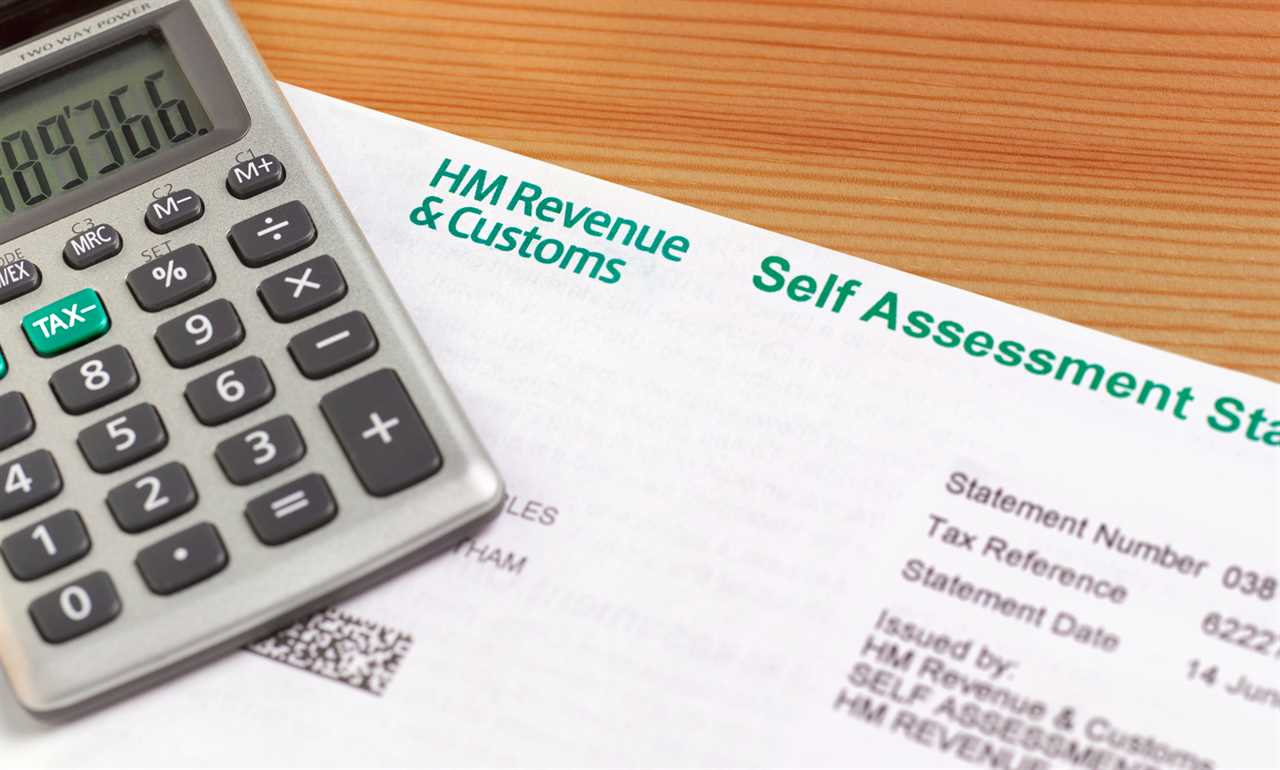SELF-EMPLOYED workers now have even more help as part of the governments’ measures to help people during the coronavirus crisis.
Workers are being offered help through the self-employment income support scheme (SEISS), which gives grants to help those who work for themselves if their income has been negatively impacted.

Applications for the first grant closed on July 13, 2020.
The second grant, worth up to £6,570, opened for applications on August 17 and closed on October 19, 2020.
In September, Chancellor Rishi Sunak then extended the self-employed scheme to help workers during the winter.
And earlier this week, he increased the third self-employed grant to £7,500, covering 80% of trading profits for November to January.
Here’s what you need to know about applying for the SEISS scheme.
What is the third grant and how much will I get?
Under the self-employed income support scheme (SEISS), the government will cover 80% of your trading profits over three months.
Previously, self-employed workers were only set to receive government grants worth 40% of average monthly profits from November through to January 2021.
The latest grant was set to be worth £3,750 but was increased to £5,160 over the weekend.
It meant self-employed workers would have received 55% of trading profits for the next three months – including 80% of trading profits in November.
But yesterday, Mr Sunak increased it to 80% of trading profits for November to January – up to a maximum of £7,500.
The government has also announced there’ll be a fourth grant covering February to April 2021, but it’s yet to confirm the details including how much it’ll be.
You don’t have to repay the grants if you’re eligible, but it will be subject to income tax and self-employed national insurance.
Self-employed workers who are struggling can receive the payout as well as claim Universal Credit, but it will be classed as income and may affect how much you receive in benefits.






